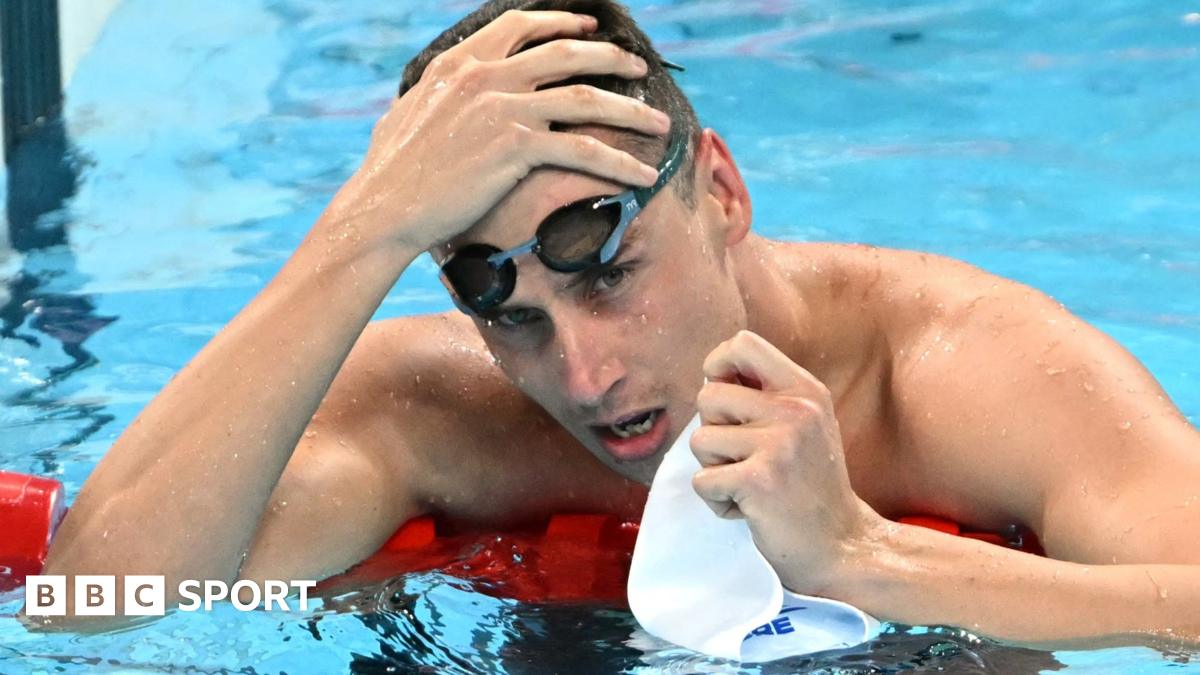Ladies, place your bets. Women now represent nearly a third of all sports bettors, according to Morgan Stanley's most recent sports betting survey. They’re also placing slightly bigger bets than their male counterparts, on average: $51.1 vs. men’s $48.6. Wagering has gained enough traction among women that there’s even a dedicated online community for them: Betting Ladies.
Like so many activities that were once deemed vices in the U.S. (think: bourbon, weed and even porn), the internet has brought gambling — and sports betting, in particular — out from the male-dominated shadows and into mainstream American life. Now women are getting in the game.
Below, three women share how they got into gambling and why it’s more about the thrill than the money. Introducing … the ladies who bet.
‘It’s opening up and becoming more inclusive’
Val Martinez has been gambling since she was a teen in the U.K. (where it was legal). Now, she runs the Betting Ladies website for women in the U.S. (Photo Illustration: Oscar Duarte for Yahoo News, photos: courtesy of Val Martinez, Getty Images)
Val Martinez has been placing bets since she was a teenager living in the United Kingdom. She and her girlfriends would place the occasional bet on soccer games or horse races they attended. “It was just kind of normal and fun,” Martinez tells Yahoo Life.
Back then, sports betting like Martinez was engaging in for entertainment wasn’t exactly legal here in the United States. For most of U.S. history, gambling wasn’t strictly banned at the federal level, but the majority of states had laws against it (a notable exception was Nevada, which re-legalized betting and casino gaming in 1931). Meanwhile, gangs and shadowy operators cornered the market on bookmaking. In 1992, former NBA star turned U.S. senator Bill Bradley sponsored and helped pass a federal ban on sports betting. For 26 years, the prohibition stood, but it was eventually thrown out as unconstitutional by the U.S. Supreme Court in 2018.
That same year, Martinez moved to the U.S, eyeing the “baby industry” of American sports gambling both as a recreational bettor and as an entrepreneur, she says. She sought out educational information about betting in her new home that was geared toward women and light on jargon. “But in the beginning it was a land grab for the main target demographic,” which was, of course, men, Martinez says.
That didn’t dissuade her. She’d spent most of her career in banking, which had also been male-dominated. “With the evolution of women coming to the workplace, now you see a lot more women in investment banking, and it’s the same in sports betting,” she says. “Now it’s opening up and becoming more inclusive.”
Still, there wasn’t a home base for the kind of information and camaraderie that Martinez was looking for, so she made one. Betting Ladies was founded in 2022 and has grown to include about 1,000 members, according to Martinez. “It’s a mixed bag of pro bettors looking for different strategies, and new bettors who have never placed a wager before and are trying to understand what the fuss is all about,” she says.
‘I love a good underdog’
Cristina Sarria places small bets as a kind of vote of confidence in the teams and players she wants to see win — even if odds are low. (Photo Illustration: Oscar Duarte for Yahoo News, photos: courtesy of Cristina Sarria, Getty Images)
Cristina Sarria, a 43-year-old stay-at-home mom, is more of a novice than a seasoned bettor. By her own admission, Sarria is not trying to place particularly strategic bets. She doesn’t do a lot of research and plays parlays (a high-risk kind of combined wager, in which multiple “legs,” or bets, are tied into one, and the bettor loses the whole gamut if any one bet doesn’t go their way). But Sarria also doesn’t bet much money, and isn’t really in it for profit.
Sarria grew up playing tennis, met her husband playing flag football in college and describes herself as competitive. But these days, there’s always a race or game on TV in their house, because her husband is a fan of NASCAR, basketball and football. “We watch them a lot, so having a little stake in the game makes it more fun, and there’s some fun sports stories that happen,” she tells Yahoo Life. That’s a big part of the draw for her: “I love a good underdog story. I just want to see them win.” And Sarria loves it when her unlikely bet hits, and she gets to prove male counterparts wrong, or demonstrate her sports-savvy.
She started gambling about three years ago, more or less on a whim. She put money on the underdog to win the Super Bowl that year (she doesn’t remember which year, or which team she hung her hat on). To her surprise and delight, however, she and her team won. Not long after, she saw an ad for Fanatics, an online sportsbook (which had the largest share of women bettors compared to other major companies, according to the Morgan Stanley report) that was looking for beta testers. She received a number of free “promo” bets — companies sometimes give their bettors money to gamble with to entice them to play) — which Sarria placed on March Madness matchups. “It’s so fun to bet on those, because there’s always some upset, some crazy games,” she says. Sarria has been making bets almost daily, usually in the $5 to $10 range, ever since.
What was a whim for Sarria is by design for sports betting companies. When Yahoo Finance asked FanDuel CEO Amy Howe about women sports bettors, she described the demographic as representing a “huge opportunity” and a “big priority” for the company. Companies’ efforts to draw in female bettors seem to be paying off, and shifting how women gamble, Lia Nower, associate dean of research at Rutgers University’s Center for Gambling Studies, tells Yahoo Life. “Historically, women started [gambling] in their 40s and 50s, largely because they went to casinos with friends,” Nower says. “That changed with online gaming; women are gambling in response to advertising on TV.”
And they’re starting earlier, with many taking up sports betting in college, around the same time men typically do. Sportsbooks are also cashing in on the rising interest in women’s sports. The ascendence of WNBA megastar Caitlin Clark, in particular, has been credited with the nearly 600% increase in betting (by people of any gender) on women’s college basketball seen by leading site BetMGM.
‘I loved the horses, but betting makes it a challenge’
After growing up in a family of Kentucky horse trainers, Michele Fischer got interested in the betting side of the racetrack, and the sportsbooks. (Photo Illustration: Oscar Duarte for Yahoo News, photos: courtesy of Michele Fischer, Getty Images)
Michele Fischer, 52, says she “basically grew up at the race track” in her Kentucky hometown, where her parents trained race horses. When she’d accompany her family to the track to see the fruits of their labor, Fischer learned to read the Daily Racing Form, a newspaper for horse enthusiasts. The Racing Form publishes the results of races and performances of various horses, which helps racegoers determine what their wagers should be. “It was fun to pick horses,” says Fischer. “I loved the sport of it, I loved the horses, but betting makes it a challenge.”
While most people actually betting on the races when she was growing up were men, women were often the ones working directly with the horses, Fischer explains. When she’d go to the track as a child and young woman, “people would assume I was there for the fashion,” she says. Similarly, when she was younger, “when we wanted to talk about women in sports, we [used to] slap something pink on it, or dumb it down,” she says. “We’re not dumb!” Sports betting content is taking women more seriously, she says.
And it’s working. Women’s participation has nearly tripled since 2022, according to Morgan Stanley’s latest report on sports betting in the U.S. The share of women who said they had gambled in the past month has risen from 11% in 2022 to 23% in 2024.
Gambling is “not a career for me,” says Fischer, who adds that she isn’t a particularly good bettor. But the gambling industry has become her job (she is vice president of U.S. content services for SIS, a U.K.-based online sportsbook company). Neither she nor Sarria gamble with an expectation of making a lot of money, even though there’s some evidence that women are savvier bettors than men. Off the clock, Fischer places relatively low bets, and loves to take friends with her to the track to see the horses and learn to bet. “It’s no pressure; they just ask a lot of questions and the next time they ask a few more, and that’s how you create fans,” Fischer says. “It’s like book club!” Except that these ladies are here for the sportsbook club.
If you or someone you know may be struggling with a gambling addiction, the National Problem Gambling Helpline at 800-522-4700 is available 24/7 and is fully confidential. This gambling hotline connects callers to local health and government organizations that can assist.









 English (US) ·
English (US) ·